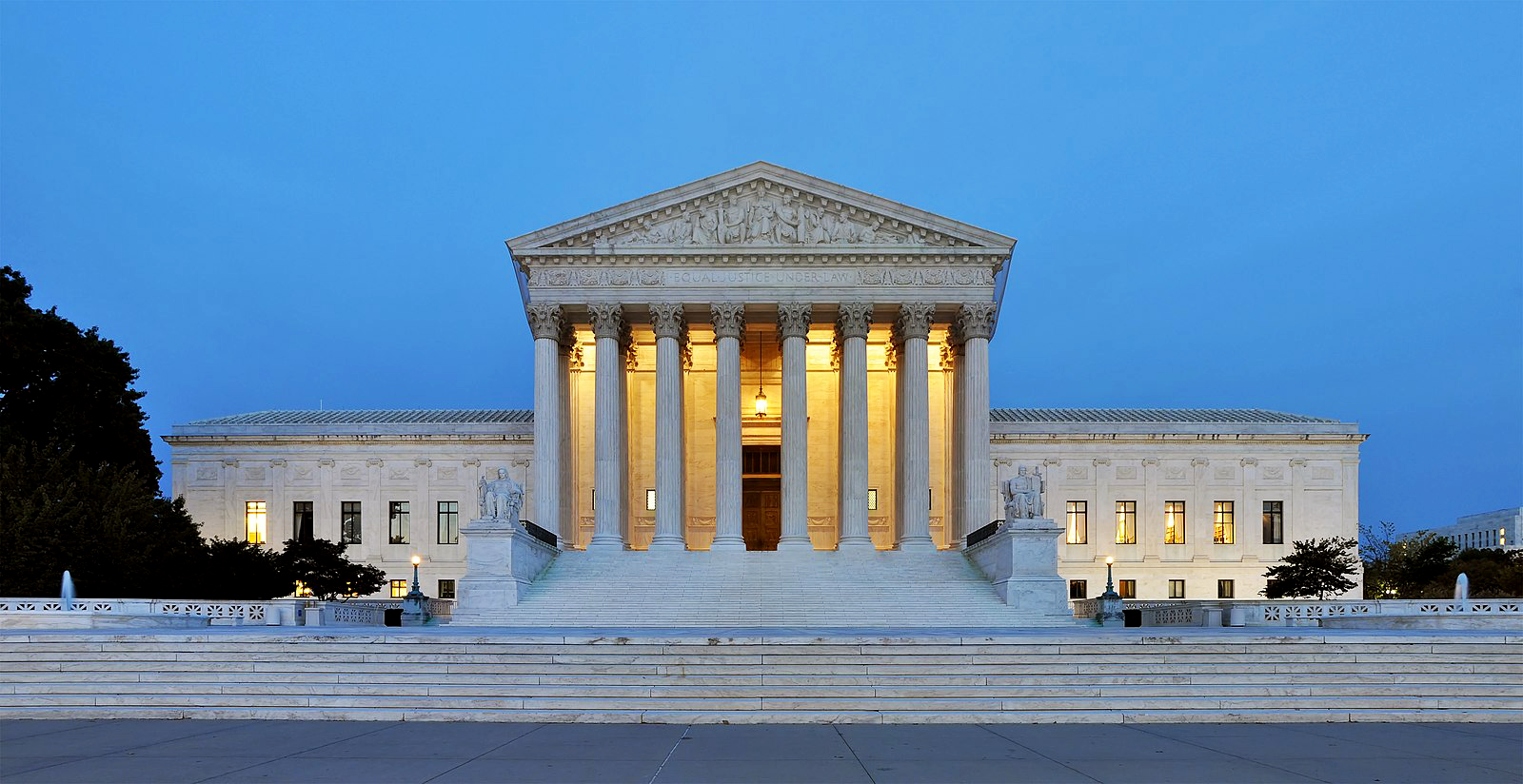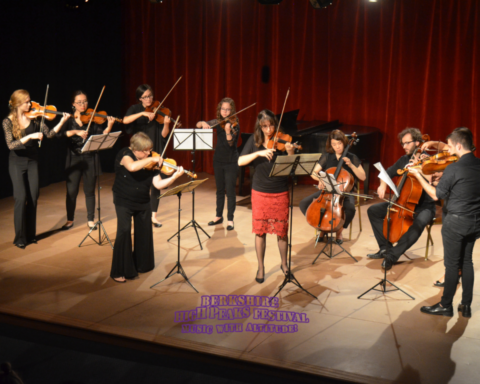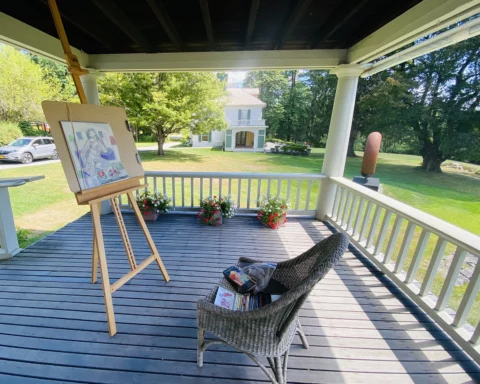Editor’s Note: The following article is derived from officially released information, published with few or no editorial changes. The Greylock Glass occasionally provides our readers with such content if the information is factual in nature, and requires little to no interpretation or analysis, often when original reportage would not provide additional relevant information.
BOSTON — June 29, 2023, Indigenous activists in Boston reaffirm their commitment to overcome historic barriers to higher education for students in light of today’s ruling delivered by the Supreme Court of the United States (SCOTUS) that guts Affirmative Action in college admissions at institutions of higher education across the country. The Indigenous activists demand the passage of two bills in the state legislature specifically addressing Native issues in public education.
Today’s SCOTUS ruling overturns a longstanding precedent that had previously benefited Black, Indigenous, and Latine students in higher education due to a demonstrable historic lack of opportunities for those students. The Court’s decision emphasizes that considering race as a specific factor in admissions violates the Equal Protection Clause.
In delivering the dissent, Justice Sotomayor, herself a beneficiary of affirmative action, said of the argument by Students for Fair Admissions, Inc., “One of SFFA’s top percentage plans would even ‘nearly erase the Native American incoming class’ at UNC. The courts below correctly concluded that UNC is not required to adopt SFFA’s unrealistic proposals to satisfy strict scrutiny.”
“It should be noted that SCOTUS sidestepped the issue of equal protection in its recent decision on the Indian Child Welfare Act,” said Jean-Luc Pierite, president of North American Indian Center of Boston. “SCOTUS has only relied upon federal recognition of tribes to uphold preferential employment placement against equal protection challenges. This leaves so many ways Indigenous people fall through the cracks.”
“We must now work harder to contain the disproportionate harm to Indigenous students caused by today’s SCOTUS ruling.” Pierite cited a 2018 resolution by the National Congress of American Indians in stating that, “Native students experience lower rates of completion at postsecondary degree programs, where 41% of first-time, full time Native students who enrolled in a four-year public institution in 2008 completed a Bachelor’s degree by 2014 compared to 60% in the general population and 70% of white students.”
Mahtowin Munro, co-leader of United American Indians of New England, said that “Only about 19% of Native students attend college, compared to about 40% of white students. Educational disparities and reduced opportunities for Indigenous students begin in preschool and continue all the way up through the university level. If anything, we need more affirmative action to address these disparities, not less.”
“In addition,” Munro continued, “many Native students end up dropping out because of a lack of respect and support at their schools and because they do not have adequate funding – despite the persistent false belief among some non-Native people that ‘Indigenous students can go to college for free.’ It is heartbreaking to see generation after generation of our very capable and talented students be denied such a basic opportunity as a college education, and today’s decision will only increase the problem.”
In Massachusetts, HD.2237/SD.387, “An Act Relative to Celebrating and Teaching Native American Culture & History,” addresses the lack of Indigenous curriculum in Massachusetts public schools. Schoolchildren rarely learn about the Native American history of the region nor about the contemporary Indigenous peoples who live here, including the Aquinnah Wampanoag, Mashpee Wampanoag, and other bands of the Wampanoag, Nipmuc and Massachusett as well as Native people in Massachusetts enrolled in tribal nations throughout the US and Canada. The goal is to develop a curriculum by working with tribal nations in-state and ensure that all children in the schools attain cultural competence in understanding regional and national Native history, cultures and current issues.
In addition, HD.932/ SD.1826, “An Act providing for the creation of a permanent commission relative to the education of American Indian and Alaska Native residents of the Commonwealth,” proposes the establishment of a permanent commission to improve educational outcomes and opportunities for American Indian and Alaska Native students. Broader impacts of the commission would include the promotion of tribal self-determination by providing students with the opportunity to learn their heritage, languages and histories while preparing them for higher education.
The date for a teach-in as part of an “Indigenous Liberation Speaker Series” addressing the issues of Indigenous peoples in higher education will be announced soon.
The five priorities of the 2023-2024 MA Indigenous Legislative Agenda:
Remove Racist Mascots, Honor Indigenous People’s Day, Celebrate and Teach Native American Cultures & History, Protect Native American Heritage, and Support the Education and Futures of Native Youth.
An Act prohibiting the use of Native American mascots by public schools in the Commonwealth. H.477/S.245 (Fluker Oakley/Comerford) Currently about 25 public high schools in the state use Native American mascots. This bill would task the Board of Elementary and Secondary Education with establishing regulations to prohibit Native American mascots in MA public schools.
An Act establishing an Indigenous Peoples Day. H.2989/S.1976 (Barber/Comerford) This bill replaces Columbus Day with Indigenous Peoples Day in the Massachusetts General Laws.
An act relative to celebrating and teaching Native American cultures and history. H.529/S.344 (Lewis/Rausch)This bill addresses the lack of Indigenous curriculum in Massachusetts public schools.
An Act providing for the creation of a permanent commission relative to the education of American Indian and Alaska Native residents of the Commonwealth. H.536/S.318 (Miranda/Comerford, Montaño) As a State Education Agency, the MA Department of Elementary and Secondary Education must engage in timely and meaningful consultation with stakeholders. Representatives of Indian tribes located in the state are explicitly identified as stakeholders.
An Act to protect Native American Heritage. H.3248/S.2186 (Rogers/Biele, Collins) This would ensure that Native American funerary objects, sacred objects, and objects of cultural patrimony (those of cultural, traditional or historical importance to their heritage) held in governmental, municipal or non-profit collections are not sold for profit.

















